“He who controls the present, controls the future.
He who controls the past, controls the present.”
George Orwell, 1948
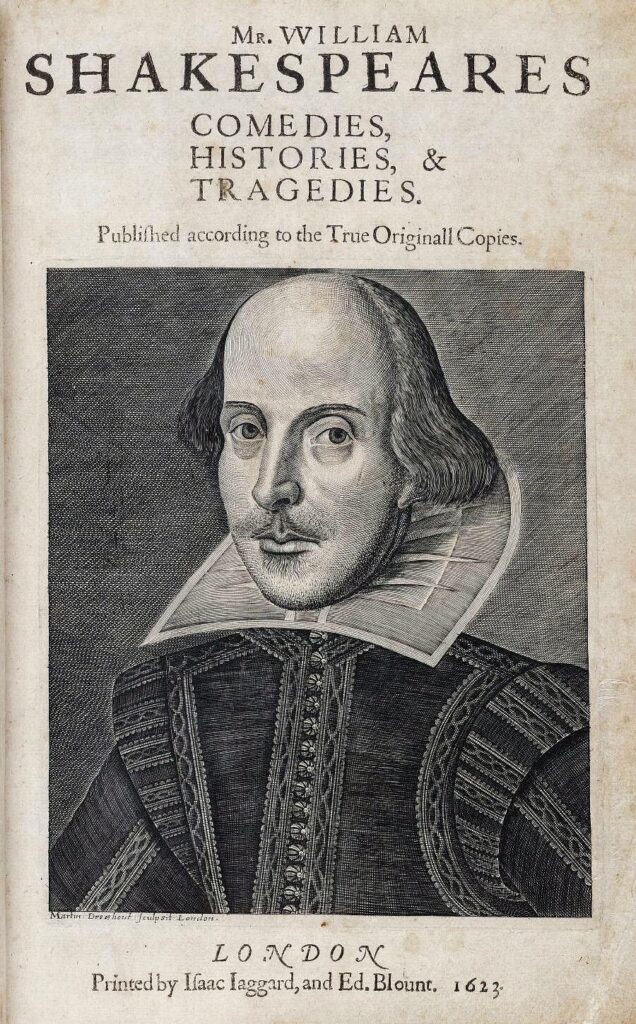

Alive or Dread emerged from years of artistic rebellion against the manufactured “truths” fed to us by power structures across the political spectrum.
The mainstream won’t tell you that our historical and scientific timelines have been deliberately manipulated to disconnect us from our true consciousness. Our story aims to crack that facade and reconnect with what’s been hidden from us.
In order to fund our storytelling we have launched a collection of hand finished Mona Geeza prints and a collection of t-shirts.

Our current historical investigation concerns the attribution of authorship to the entire Shakespearean canon.
“I am sort of haunted by the conviction that the divine William is the biggest and most successful fraud ever practiced on a patient world.”
Henry James (1843 – 1916)
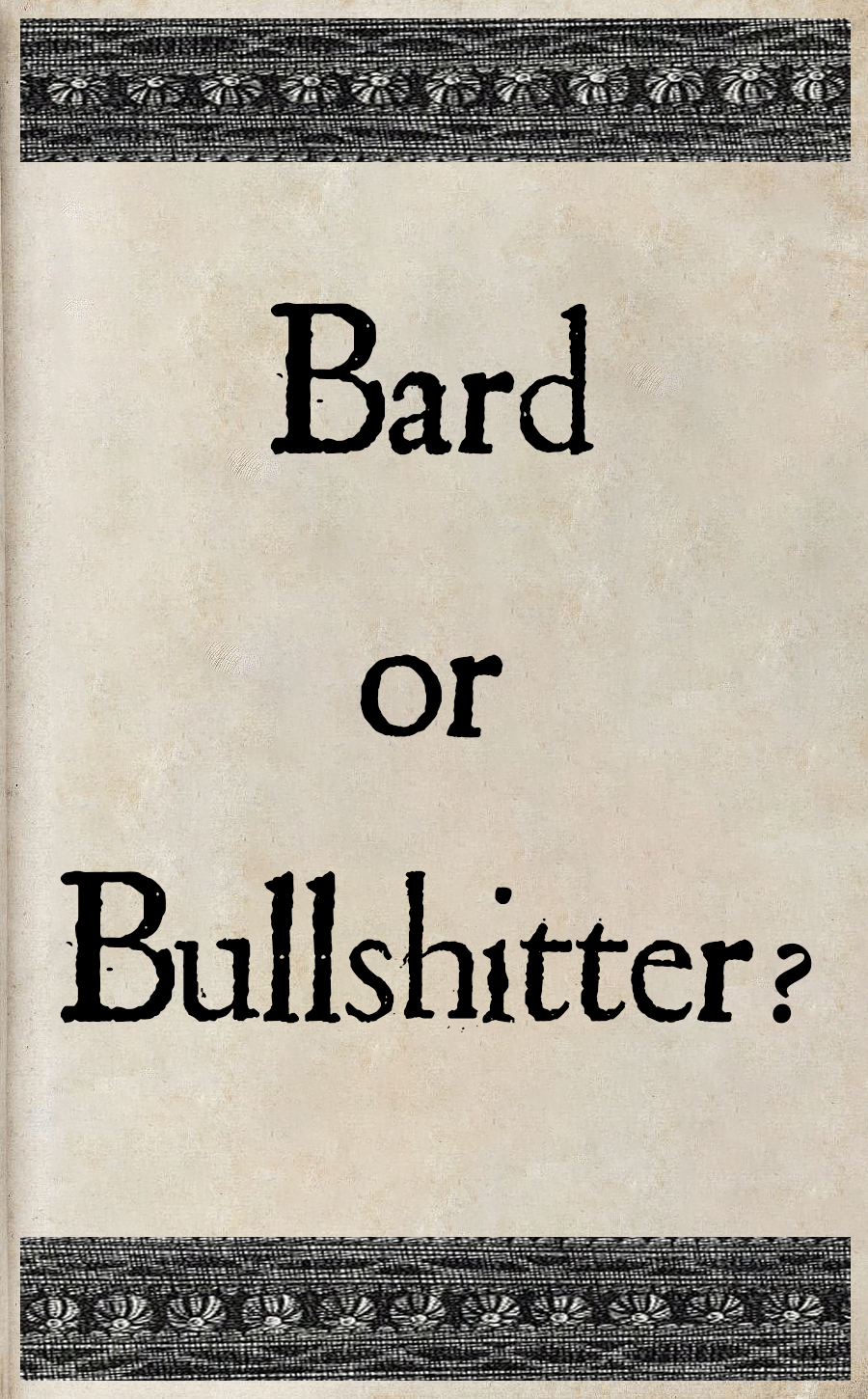

Exploring Shakespeare’s non-authorship of any play, sonnet or poem and revealing the true identity of who wrote them and the Machiavellian plot behind it.
Was Shakespeare Really The Author? A Deep Dive Into The Authorship Mystery
February 3, 2025 by aliveordread
For centuries, William Shakespeare has been celebrated as one of the greatest playwrights in history. However, doubts about his authorship have persisted, with scholars and sceptics questioning whether the man from Stratford-upon-Avon truly wrote the plays attributed to him. Let’s explore the inconsistencies, missing records, and alternative theories surrounding this literary enigma.
The Missing Paper Trail
A major red flag in Shakespeare’s authorship is the absence of personal documentation. Unlike his contemporaries, there are no surviving:
- Letters or personal correspondence
- Manuscripts in his handwriting
- Records of payments for writing plays
- Documentation of education or literary training
In contrast, playwrights like Ben Jonson and Christopher Marlowe left behind extensive personal and professional records. The absence of Shakespeare’s literary footprint raises a provocative question: How did a man with no documented learning or paper trail come to produce some of the most sophisticated plays in history?
Publishing Anomalies & Financial Gaps
Tracking the financial aspect of Shakespeare’s works only deepens the mystery:
- Plays were published under his name, yet there’s no evidence that he sold any rights or received royalties.
- Publishers made significant profits from his works, but no payment records linking that wealth to Shakespeare exist.
- His name begins to appear on printed works in 1598—a year in which he’s simultaneously documented as a grain hoarder in Stratford, with no traceable presence in London’s vibrant literary scene.
- Unlike his contemporaries, there’s no clear record of him having any relationship with printers or editors.
If Shakespeare wasn’t the one handling his manuscripts, then who was behind the scenes?
The Globe Theatre Investment Mystery
One of the most intriguing puzzles is his connection to the Globe Theatre. While Shakespeare’s name is listed among the shareholders, a closer look reveals several inconsistencies:
- There’s no record of him paying for his shares.
- There’s no evidence he ever collected dividends.
- He seems to be a passive figure in legal disputes involving the theatre’s operations.
In contrast, figures like Richard Burbage have well-documented financial records that detail their contributions and profits. Shakespeare’s role appears more like a convenient front rather than that of an active investor.
“I am firm against Shaksper — I mean the Avon man, the actor.”
-Walt Whitman (1819 – 1892)
Who Else Could Have Written the Plays?
Given these discrepancies, many have looked at alternative candidates. Some of the leading theories propose that the plays might have been penned by:
- Christopher Marlowe – whose mysterious life and sudden death add to the intrigue.
- Edward de Vere (Earl of Oxford) – a nobleman with access to the courts and classical education, which resonates with the sophistication found in the plays.
- Francis Kyd – whose work and background and governmental torture have sparked considerable debate among scholars.
The 1598 Turning Point: A Year of Contradictions
The year 1598 is particularly fascinating. It marks a sudden surge in the literary record:
- Love’s Labour’s Lost is the first play to feature “Shakespeare” on its title page.
- Francis Meres’ Palladis Tamia lists “Shakespeare” among the foremost authors of the day.
- Multiple plays begin to appear under his name almost overnight.
At the same time, Shakespeare is recorded in Stratford as a grain hoarder during a local food crisis—a businessman with no documented links to London’s literary circles. This startling divergence raises a key question: Could the name “Shakespeare” have been used as a branding tool rather than representing a single genius?
Following the Money: The Unresolved Financial Puzzle
One of the most compelling arguments arises from the financial records—or, more accurately, the lack thereof. In a thriving publishing environment where our other playwrights have detailed records of payments, contracts, and rights transfers, Shakespeare’s financial trail is a ghost story. Publishers such as John Danter, Thomas Millington, Andrew Wise, and Cuthbert Burby handled his plays with all the formalities one would expect:
• Detailed contracts were drawn up for other authors.
• Payments and rights transfers were clearly documented.
• Yet, for “Shakespeare,” there’s an eerie silence.
This discrepancy begs the question: Who benefited financially from these works? And if not Shakespeare himself, where did the money go?
The Case of the Missing Correspondence
Even more baffling is the complete absence of any personal correspondence. Our other protagonists, featured above and below, all left behind personal correspondence that provide an intimate insight into their creative processes and business dealings, however no such documents exist for Shakespeare no matter how many forms of his supposed signature we search records for (Shakespere, Shakspeare, Shakspere, Shackspeare, Shaxper, Shagspere, Shaksper). Not one letter, no personal note—just a handful of signatures on legal documents, with a version of the above spelling. This gap makes it even harder to pin down the true identity of the man (or men) behind the plays.
“So far as anybody actually knows and can prove, Shakespeare of Stratford-on-Avon never wrote a play in his life.”
– Mark Twain (1835 – 1910)
Conclusion of Act 1
The traditional narrative of Shakespeare as a self-made genius is undeniably appealing, yet the historical records present a much murkier picture. The lack of personal documentation, the puzzling financial anomalies, and the emergence of his name in print without any clear connection to the London literary world suggest that the works attributed to Shakespeare might not be the product of one solitary mind.
What do you think? Was Shakespeare a literary mastermind, or merely a convenient front for another writer—or perhaps even a collective of writers? Or is there something even more mysterious at play behind the curtain? Join the conversation and let us know your thoughts in the comments!
“I no longer believe that William Shakespeare the actor from Stratford was the author of the works that have been ascribed to him.”
– Sigmund Freud (1856 – 1939)
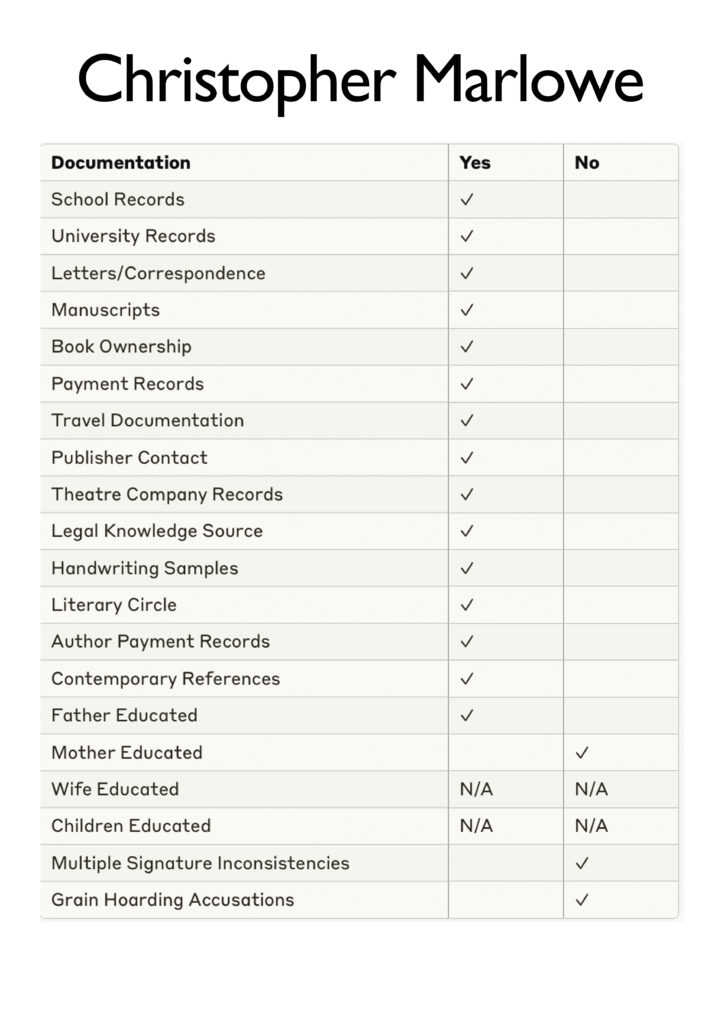
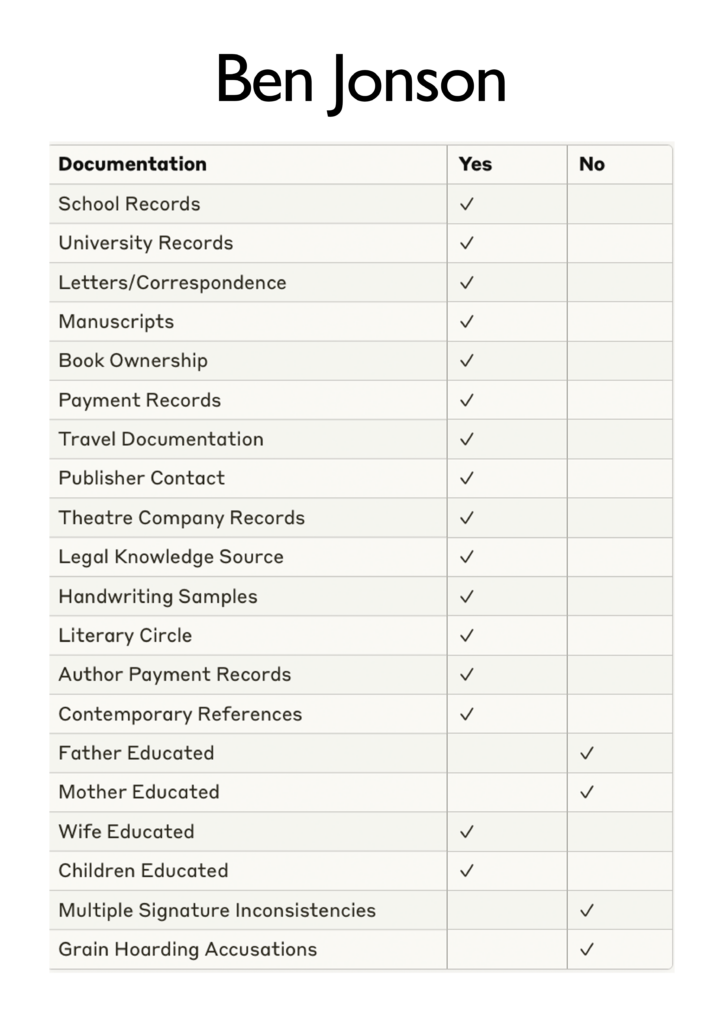
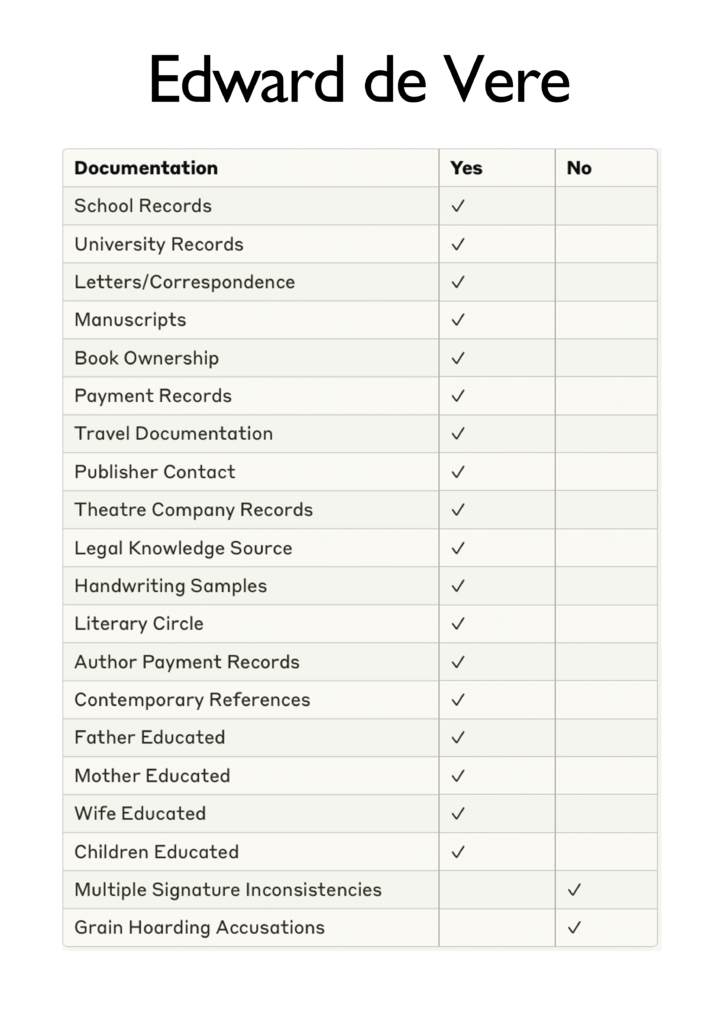
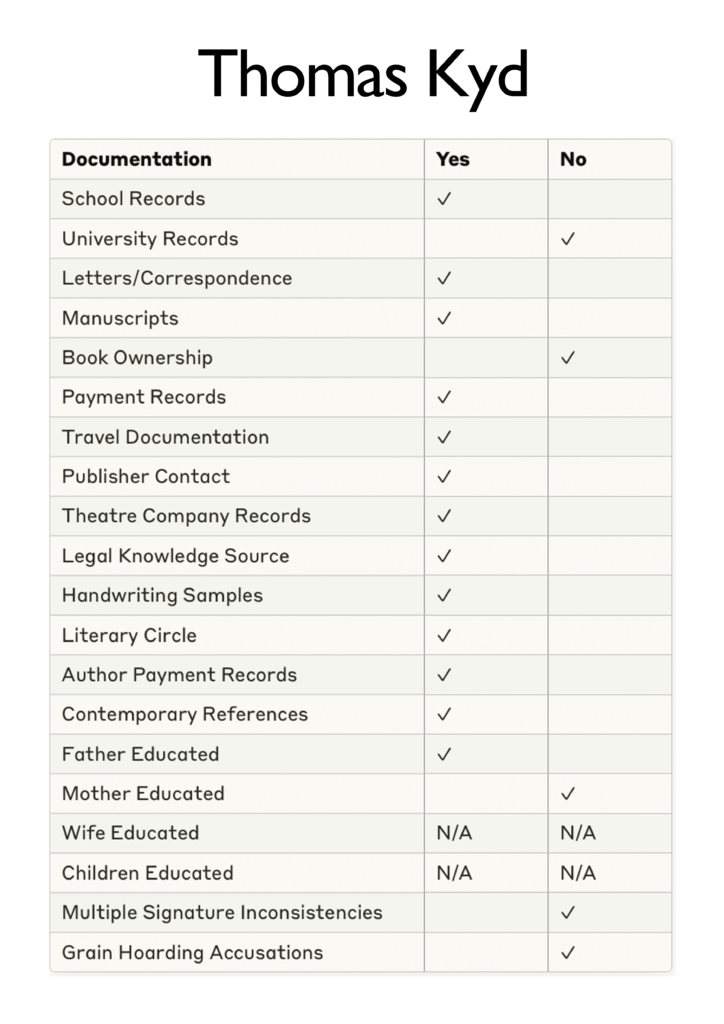
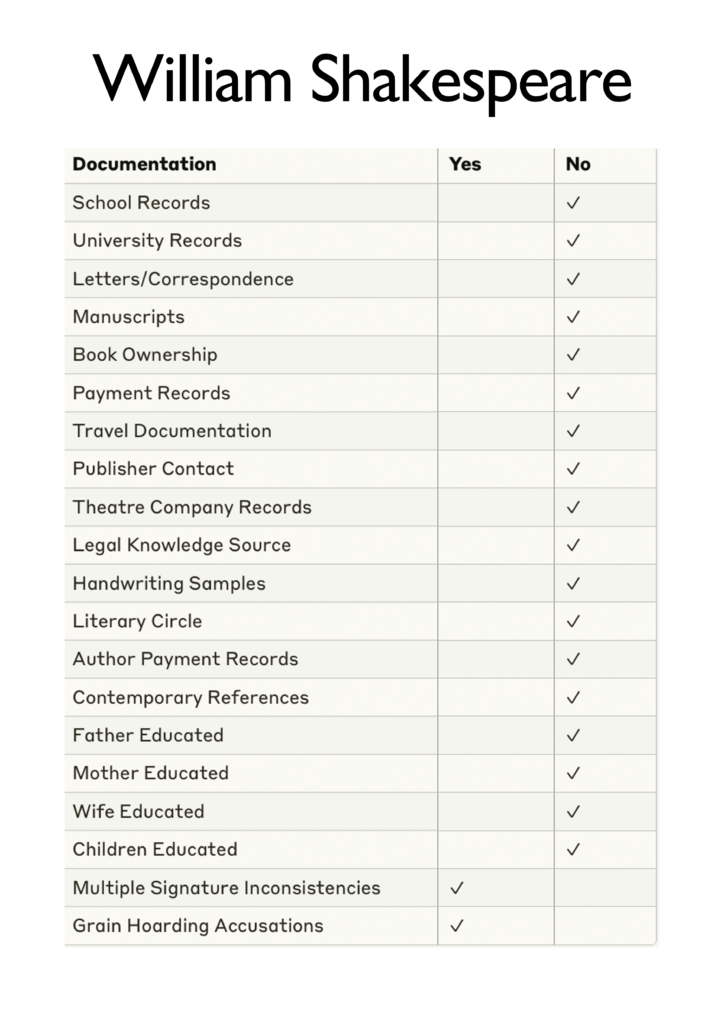
Act 2 to follow …



